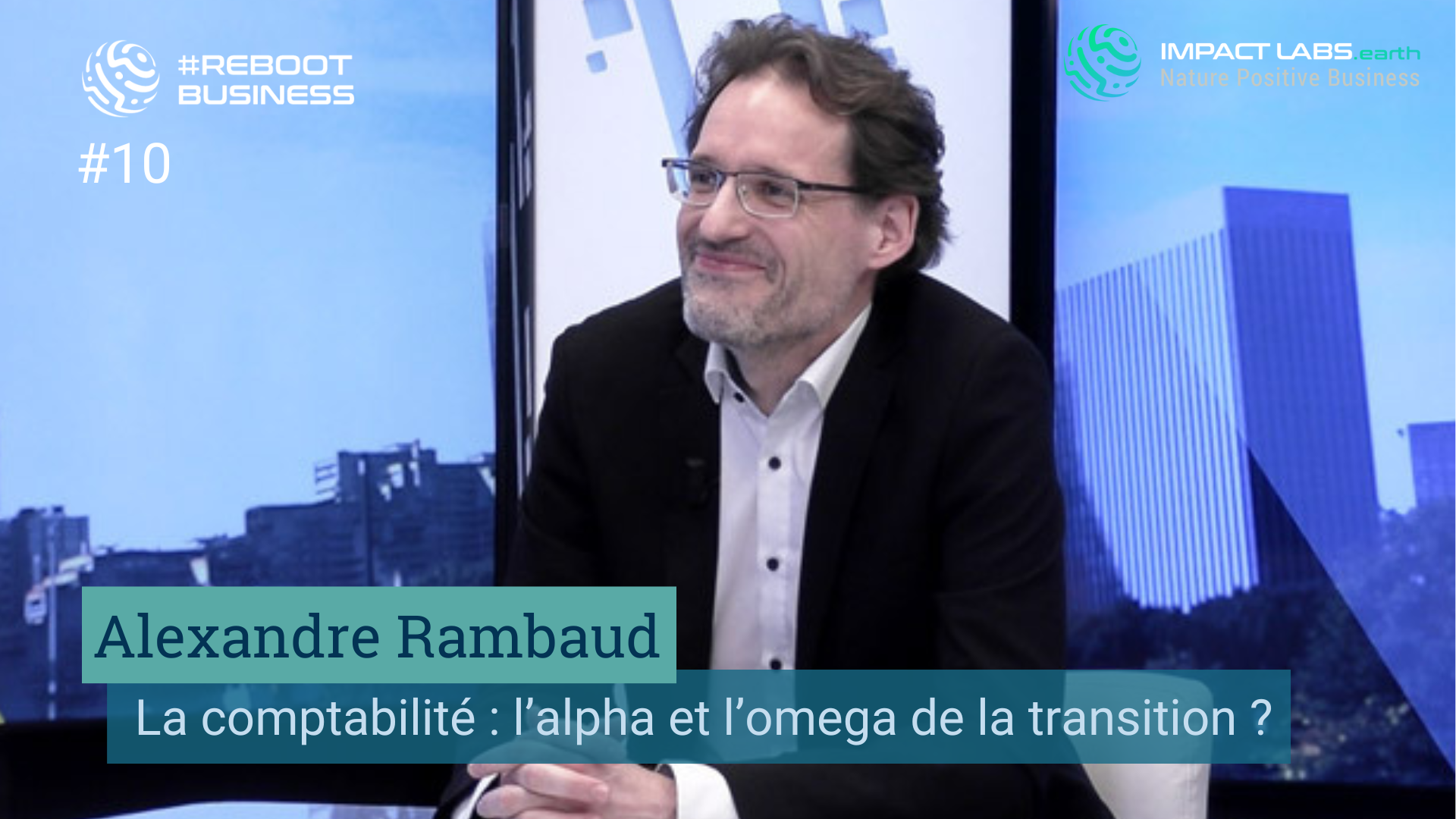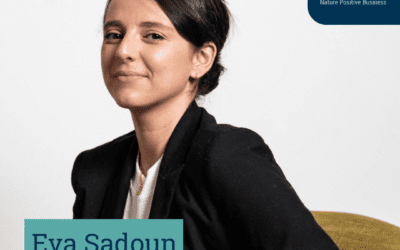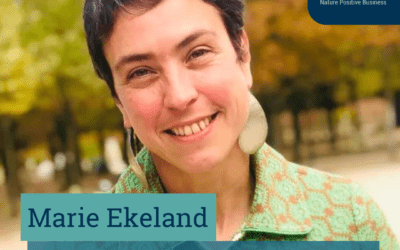
EPISODE SUMMARY

Cette semaine, nous plongeons dans l’univers de la comptabilité pour comprendre son rôle dans la représentation, la classification et la gestion de l’économie à travers les civilisations, et comment elle façonne notre monde actuel.
Rejoignez-nous dans ce voyage à travers le temps avec Alexandre Rambaud, chercheur enseignant à Agro-Paris-Tech, docteur en mathématiques et en science de gestion. Nous redécouvrons la comptabilité, non seulement comme un outil de gestion, mais aussi comme un levier puissant pour la transition écologique.
De quoi parle-t-on ?
0:00 Introduction
04:10 La comptabilité comme problème de représentation et classification
09:08 Les systèmes comptables pour organiser dans la complexité
14:24 La comptabilité comme outil performant qui structure le monde
19:46 Perte de lien avec le monde physique
23:13 L’évolution de la comptabilité à la Renaissance
25:50 La comptabilité moderne et sa relation avec la nature
31:56 Évolution de la comptabilité au fil du temps
34:37 La comptabilité et la création de valeur pour les actionnaires
36:38 Qui décide des règles comptables
41:58 L’avenir de l’Union européenne dans la financiarisation de l’économie
44:43 La transition écologique des entreprises et son lien avec la comptabilité
49:51 Projet CARE : Un système comptable intégré pour la durabilité
1:00:34 L’importance de changer les normes comptables

This week, we delve into the world of accounting to understand its role in representing, classifying, and managing economies across civilizations, and how it shapes our current world.
Join us on this journey through time with Alexandre Rambaud, a researcher and educator at Agro-Paris-Tech, holding a PhD in mathematics and management science. We rediscover accounting, not only as a management tool but also as a powerful lever for ecological transition.
What we talk about:
0:00 Introduction
04:10 Accounting as a problem of representation and classification
09:08 Accounting systems to organize within complexity
14:24 Accounting as an efficient tool that structures the world
19:46 Loss of connection with the physical world
23:13 Evolution of accounting during the Renaissance
25:50 Modern accounting and its relationship with nature
31:56 Evolution of accounting over time
34:37 Accounting and value creation for shareholders
36:38 Who decides accounting rules
41:58 The future of the European Union in the financialization of the economy
44:43 Corporate ecological transition and its link with accounting
49:51 CARE project: An integrated accounting system for sustainability
1:00:34 The importance of changing accounting standards
#ComptabilitéDurable #InnovationComptable
Impact
Comment faire pour que les entreprises anticipent les normes comptables durables futures en mettant en place un modèle d’affaire résilient aux enjeux environnementaux et sociaux ?
La comptabilité est un outil intrinsèque aux civilisations humaines.
#REBOOT Business 12 – Une Economie Plus Juste
EPISODE SUMMARYAu fil des podcasts Reboot se dessine une ligne convergente vers l’urgence impérieuse de changer le système dans sa globalité. C’est...
#REBOOT Business #11 with Marie Ekeland
Il est nécessaire de réinventer nos modèles économiques et d’investissement pour concilier profit, croissance économique et transition écologique, en mettant en avant une approche systémique et holistique pour répondre aux urgences écologiques et sociales.
Remote Sensing Technologies in the Voluntary Carbon Market
Nature-based Solutions are fueling the Voluntary Carbon Market, which is under high scrutiny. Can Remote Sensing-based technology to make the Voluntary Carbon Market more transparent?




